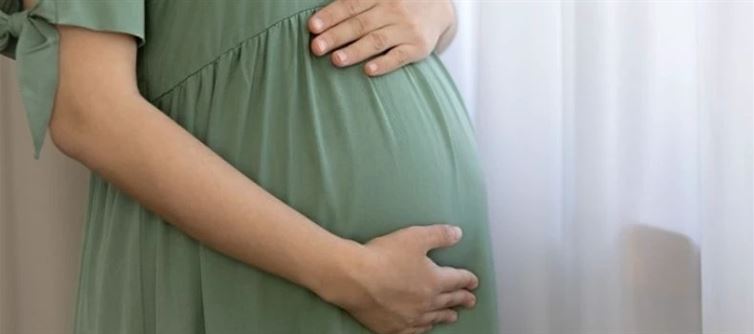
Additionally, a bench consisting of Justices Abhay S. Oka and Ujjal Bhuiyan declared that no organization could deny a woman her right to maternity leave.
A tamil Nadu government teacher who was refused maternity leave following the birth of her child from a second marriage filed the plea that led to the historic ruling.
The woman claimed in her appeal that she was denied maternity leave because she had two children from her previous marriage. According to a rule in tamil Nadu, maternity benefits are only given to the first two children.
The petitioner claimed that she had not taken advantage of any perks or maternity leave for her two children from her previous marriage. Additionally, the woman stated that it was only after her second marriage that she began working for the government.
The petitioner's attorney, KV Muthukumar, claimed that because she had not previously taken use of tamil Nadu's maternity benefit provisions, the state's decision had infringed her fundamental rights.
The supreme court sided with the petitioner and ruled that maternity leave would now be recognized as a fundamental reproductive right, thereby broadening the scope of maternity benefits.
On the supreme Court's orders, the Maternity Benefit Act underwent significant changes in 2017. All female employees now have 26 weeks of maternity leave instead of just 12 weeks. A 12-week maternity leave is also granted to women who decide to adopt a child.
The right to maternity leave has previously been emphasized by the supreme court in a number of judgments. The supreme court previously ruled that all female employees, regardless of their line of work, were entitled to maternity leave.




 click and follow Indiaherald WhatsApp channel
click and follow Indiaherald WhatsApp channel